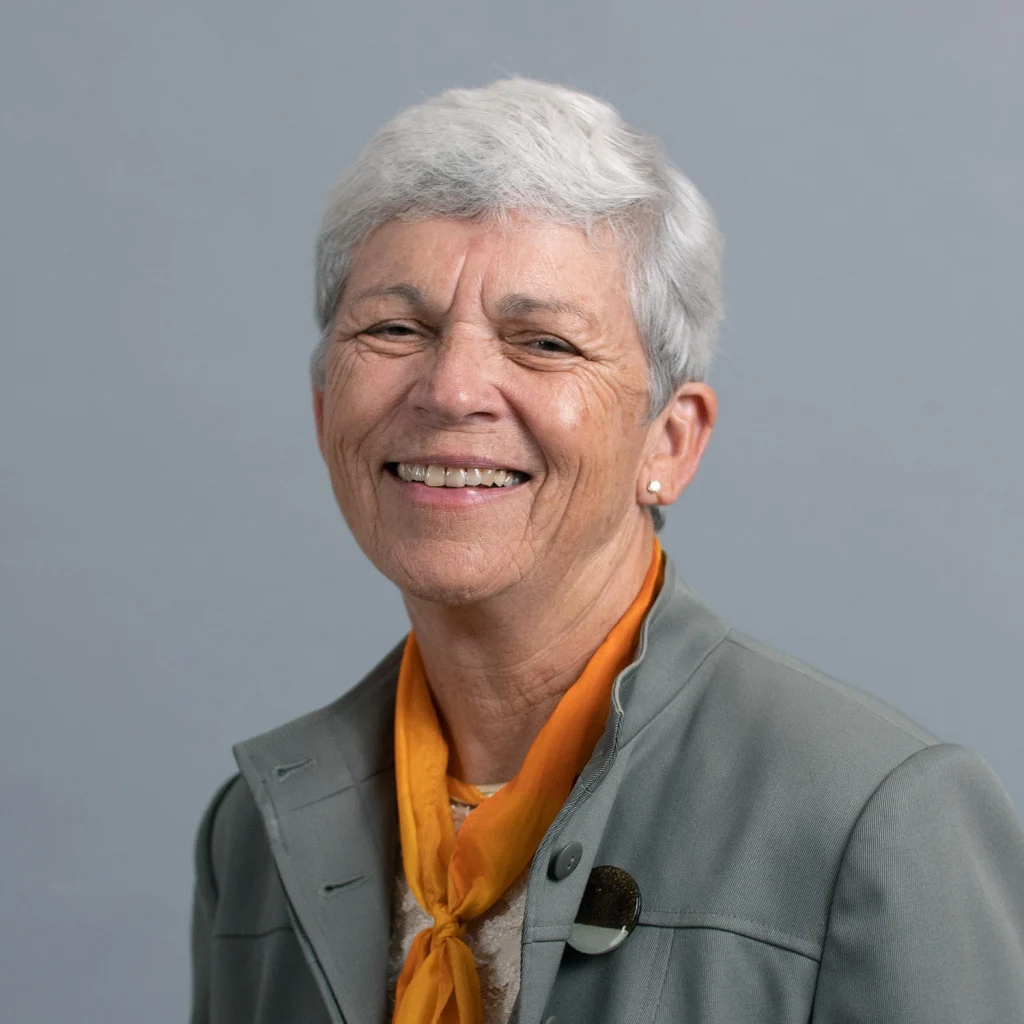Leadership Council Spotlight: Elizabeth Hill

Elizabeth Hill brings decades of experience and expertise in California government and state budgets to her role as Chair of California Competes Leadership Council. For over 30 years, 22 of which were served as the head of the Legislative Analyst’s Office (LAO), Ms. Hill advised the 120-member legislature on all policy and fiscal matters, overseeing the preparation of fact-based, unbiased analyses of California legislation and the state budget and holding the executive branch accountable for implementing policy in the most efficient and effective manner. When she was selected to lead the office in 1986, she became the first woman to do so, and she did so with evenhandedness, grit, transparency, and nimbleness, even as a 1990 ballot proposition led to a 60 percent downsizing of her office. Despite the changes, Ms. Hill was able to set priorities to maintain the quality, impartiality, and credibility of LAO’s analyses and work.
A champion of rigor and nonpartisanship, Ms. Hill is known as a force for reason and getting the facts straight. Today, she brings her objectivity and data-driven focus to guide California Competes on solving the state’s most complex social and economic issues. California Competes Executive Director Dr. Su Jin Gatlin Jez asked her about the importance of thoughtful higher education policy in strengthening our state’s economy, as well as what brought her to lead California Competes’s Council.
Dr. Jez: How has your experience shaped your view of the relationship between higher education and social and economic mobility?
Ms. Hill: My mother, a primary school teacher, was the first member of my family to earn a bachelor’s degree. She did so by attending San Francisco State for eight summers in her Central Valley community without ever setting foot on the San Francisco campus. The adaptability of California’s higher education system in the postwar era, combined with my mother’s perseverance, gave our family new opportunities and shaped my views on the importance of higher education for all Californians.
In addition, my husband’s work in higher education gave me insights into the lives of countless underrepresented students who seized the opportunity provided by higher education to make a difference in their communities and improve the standard of living for themselves and their families.
Dr. Jez: Why is higher education so important to the success of our state?
Ms. Hill: California’s economy is driven by a talented workforce in a diverse number of sectors. Post high school certificates and degrees are critical elements for acquiring many of the skills needed in today’s rapidly evolving economy.
Dr. Jez: Why is systemic change needed in higher education and workforce in California?
Ms. Hill: Systemic change is needed in higher education to ensure nimble adaptation to a changing economy and world. Higher education needs to be in tune with Californians’ demands for skill development that is accessible to them at home, work, on the job and on campus. Barriers to completion need to be identified and removed.
Dr. Jez: How have you seen California Competes evolve over the years?
Ms. Hill: During the last 10 years California Competes has evolved with the times as a trusted, analysis-based advisor on higher education and workforce issues. Its mission, however, remains the same–to ensure that the state’s economy and communities thrive by strengthening the education to employment pipeline for all Californians.
Dr. Jez: There are so many good causes that could benefit from your expertise. Why have you chosen California Competes?
Ms. Hill: Higher education opened doors of opportunity for me and my family. I believe that future generations of Californians should have this opportunity as well. California Competes shares this focus of improving the lives of all Californians.
Dr. Jez: Where do you see California Competes really moving the needle in higher education and workforce policy?
Ms. Hill: California Competes’s focus on the intersection of higher education, equity, and the economy is unique. Our work on the following four areas—(1) creating new pathways for adult learners, (2) increasing the number of meaningful credentials obtained by underrepresented students, (3) identifying the differences in the state’s regional economies, and (4) highlighting the importance of a comprehensive statewide data system—has assisted policymakers in addressing some of California’s most difficult issues.
